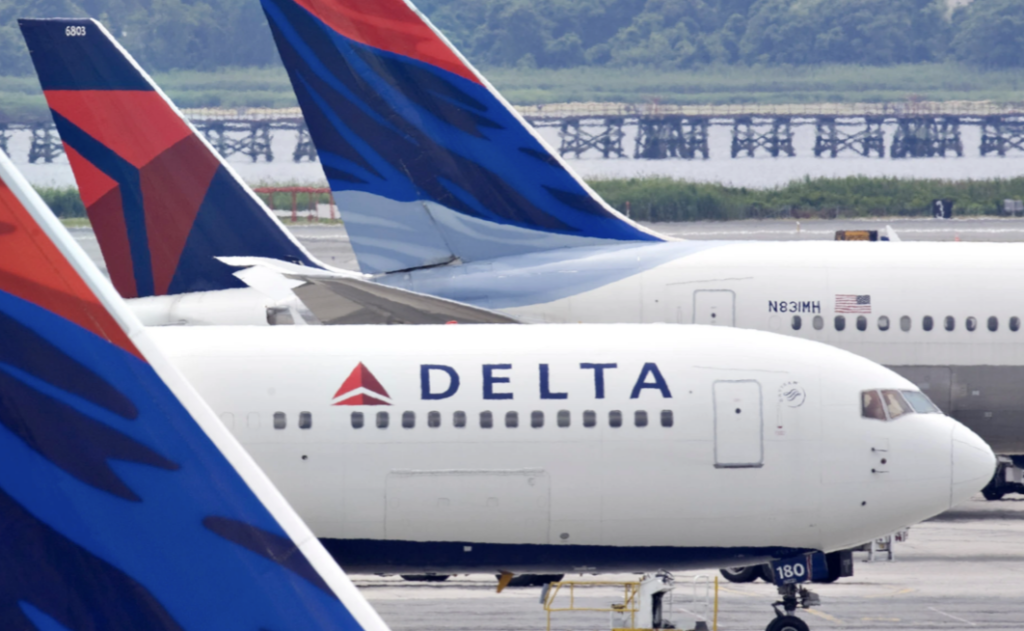Delta Airlines Not Doing Well Despite Surges In Travel?
Delta Airlines may be in deep water. Compounding factors have caused the company's bottom line to take a major hit.
This article is more than 2 years old

Airlines have had a rough couple of months. The heightened demand for air traffic has put American carriers in a difficult situation, from canceled flights to staff shortages. Delta Airlines has not evaded these post-quarantine problems, struggling to maintain a standard flight schedule to accommodate record-high bookings. The company fell short of its fiscal quarterly earnings due to thousands of flight cancellations compounded by excessive fuel costs.
Delta undershot its expected earnings this quarter, disclosing that it made $735 million. Analysts believed that the company would’ve made well over $1 billion due to accelerated tracked and ticket sales. Of course, infinite flight postponements and numerous cancellations have put many carriers in deep financial trouble. Delta’s recent disclosure of its abysmal earnings showcases the repercussions of understaffing amidst the ongoing pandemic. Though Delta is not doing well economically, the airline is not alone with underwhelming revenue this quarter.
Delta’s stock share value took a big hit this morning in trading. Stocks for the company fell by 6%, lower than other airlines’ reported stock prices. Though American Airlines, United, and Southwest had less severe trading outcomes, Delta is the first to disclose its recent quarterly earnings. There’s no doubt that Delta failing analysts’ expectations about their earnings have affected the company’s stock value. Once the other airlines begin to release their quarterly figures, their stock might tumble as well if those carriers are similarly underperforming in overall revenue.
Though many carriers are dealing with irrevocable problems left over from the early pandemic months, Delta has notably faltered in a few preventive ways. Recently, Delta executives admitted that their overbooked flight schedules could’ve been avoided. Because the airline schedule was jam-packed to fit the heightened demand, the company suffered from extensive cancellations from Memorial Day to the July 4th weekend. It cost the airline a substantial amount of money to cancel thousands of flights and decimated customer expectations and faith in the company. Delta could’ve mitigated the situation by decreasing the number of scheduled flights, which would’ve helped the company currently suffering from a pilot and staffing shortage.
Delta’s recent financial hit is frustrating for the company when its non-fuel expenses are already high. The airlines’ non-fuel costs are 22% higher than they were in 2019, right before the pandemic hit. These costs are expected to increase due to more overtime and premium pay for its overworked pilots. By the end of the year, labor and other general expenses may cost the company over $700 million. This estimated price is 50% higher than it was three years ago.
Delta’s CEO Ed Bastian acknowledged this issue on a recent investor call. He sincerely apologized to his investors and all the travelers who suffered from spontaneous flight cancellations. He stated that the airline is going through some difficult times, noting that every American carrier is affected by similar pandemic-related issues. The call ended with Bastian agreeing that his executives made mistakes with the overbooked flight schedule, acknowledging that removing flights each day would’ve reduced the severity of the cancellations.





